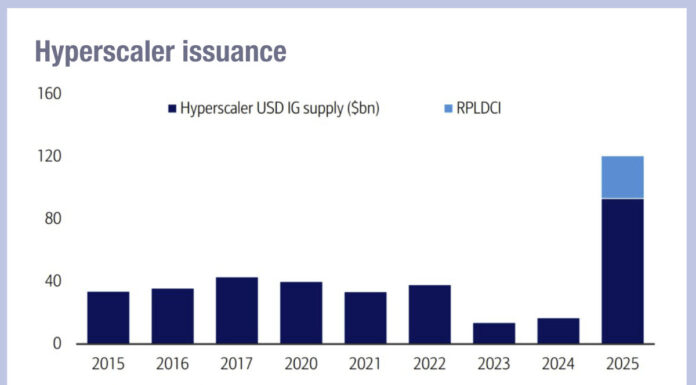Retail investors are leaning back into bonds, according to a recent Coalition Greenwich report – and are increasingly owning them directly, rather than through financial intermediaries.
From pre-pandemic 2019 to end-2024, US household fixed income holdings increased by 20%. At the end of Q2 2025, the percentage of debt securities held directly by households was 51% – up from 32% pre-pandemic.
This growth is the result of higher federal fund rates, higher yields, and increased automation and electronification across bond markets, report author Kevin McPartland says. Although e-trading is generally seen as an institutional innovation, it also increased liquidity on retail-oriented venues, the company states, while allowing financial advisors to better access information and offer more investment options to clients.
Reduced minimums also allowed large asset managers to offer retail investors access to separately managed accounts (SMA) thanks to reduced minimums. SMA assets are up almost 70% since 2019, Coalition Greenwich reports – and democratised access to the accounts is only expected to increase in the years to come.
That said, Coalition Greenwich adds, individual or portfolios of ETFs are a cheaper and more accessible option for the majority of non-high-net-worth US retail investors.
Despite the growth of individual bond holdings, McPartland expects investment funds to retain their hold over the US retail market. The proportion of indirectly-held debt securities has declined from the 2021 peak of 65.7%, and remains below pre-pandemic levels in the 50-55% range, but remained at a steady 48.9% in both 2023 and 2024.
There is a disparity in how retail investors approach US Treasuries and corporate credit.
Almost a quarter of household-held bonds are US Treasuries, a figure that has consistently grown since 2021 to reach 22.9%. This is in part the result of their ‘safe haven’ reputation and the 5% rates seen in 2022, which investors raced to lock in.
In credit, meanwhile, ETFs are still the most appealing option for retail investors – despite a number of corporate issuers toting better credit ratings than government bonds. This could be due to the complexity of corporate bonds, Coalition Greenwich suggests: “Have you ever tried to apply filters to find corporate bonds to buy via a retail broker platform? Even if you know what to filter on, the results can be intimidating.”
“That slower [credit] ETF adoption could bode well for future retail US Treasury bond buying, but US Treasury ETFs will inevitably capture more assets in the years ahead, while declining interest rates sap retail demand,” the report notes.
©Markets Media Europe 2025












